Sci/tech tidbits in and around New Hampshire
Will municipal broadband ever arrive in New Hampshire?
Tiny Charlemont, Mass. (population 1,250 or so) has rejected an offer from Comcast to provide broadband in town and will instead pursue a $1.4 million town-owned broadband system, reports the local paper. Community-owned Internet has long been a goal for a subset of...
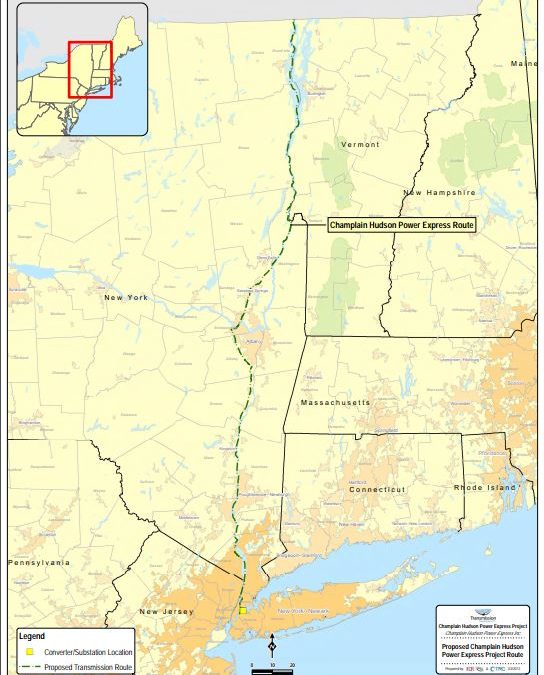
Quebec hydropower coming south – to New York, not New England
The Champlain Hudson Power Express (CHPE). a 300-mile underground high-voltage line carrying hydroelectricity from Quebec dams down to New York City, is finally moving ahead with construction likely to begin in 2020, reports the Canadian newspaper National Observer....
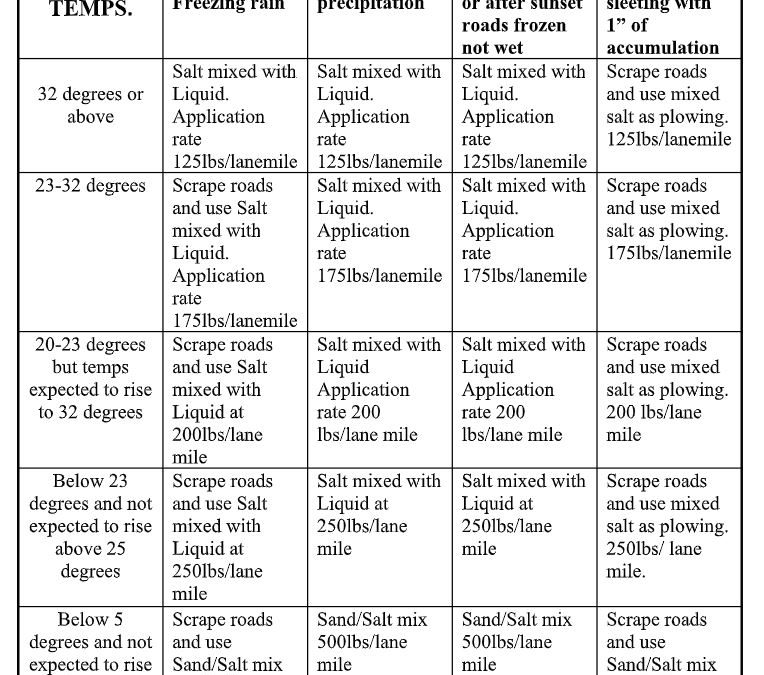
Salting icy roads without killing everything else is tough
Government awards given to state employees do not usually carry amusing titles. Unless you’re talking about de-icing technology in New Hampshire. Then you’ve got awards like “Salt-n-Peppa,” “Shaken Not Stirred” and “Salt of the Earth” – given out annually by the N.H....
Analyzing tree interiors with ‘sonic tomography’
The exterior of a tree isn't always a good reflection of its internal condition - think of it as "can't judge a book by its cover" applied to books' raw material. In Connecticut, as NPR reports (read/listen to the story here) there's an interesting research project...
If you’re going to teach IP law, why not teach it online?
The UNH School of Law in Concord is about to take its first big steps into the world of online education, and if all goes as planned it will go further and create what it calls the nation’s first specialized law degree. The school is awaiting permission from the...
Cell-phone blimp gets a test flight in N.H.
The MIT-connected startup Altaeros Energies has built a blimp hangar in Fremont, N.H. – halfway between Manchester and the Seacoast – to do R&D on their plan to use blimps as cheap cell towers in rural areas. The Union-Leader reports that they had their first test...
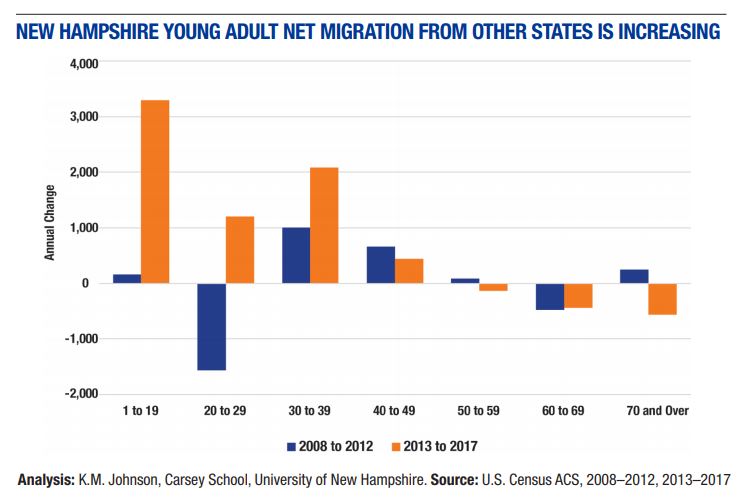
More young adults are moving to New Hampshire. Hooray, says New Hampshire
The state's demographics guru, Ken Johnson of the UNH Carsey School of Public Policy, regularly crunches census data to give big-picture looks at our population. A report out today is good news for this aged state: More young adults are moving here from other states....
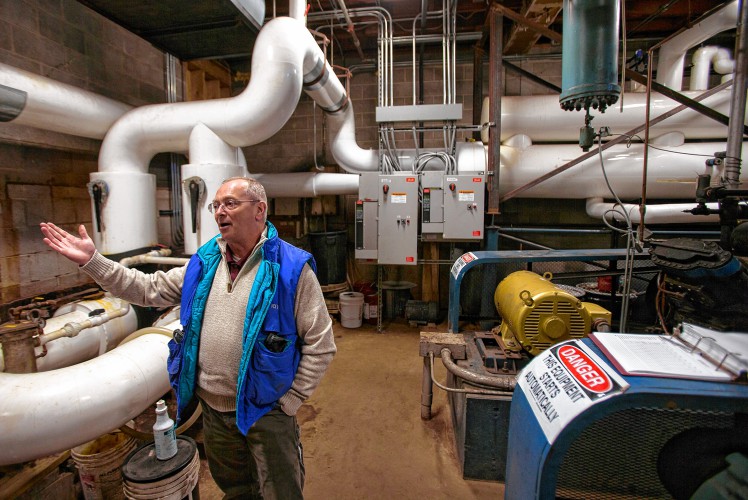
Ponds outdoors are freezing naturally, but freezing indoor ponds takes work
The early arrival of cold weather has brought up hopes of outdoor ice skating before Christmas - always an iffy possibility, since it requires both enough cold weather and not so much snow that ponds are unskateable. I'm going to the Everett Arena in Concord this...
In Maine, a serious legal challenge to ranked-choice voting (which worked smoothly, by the way)
The man who lost the first ever election in the US to used ranked-choice voting to decide a statewide race is suing, with an eye toward getting the national Supreme Court to say that this type of voting is unconstitutional, reports the Portland Press-Herald. Poliquin...
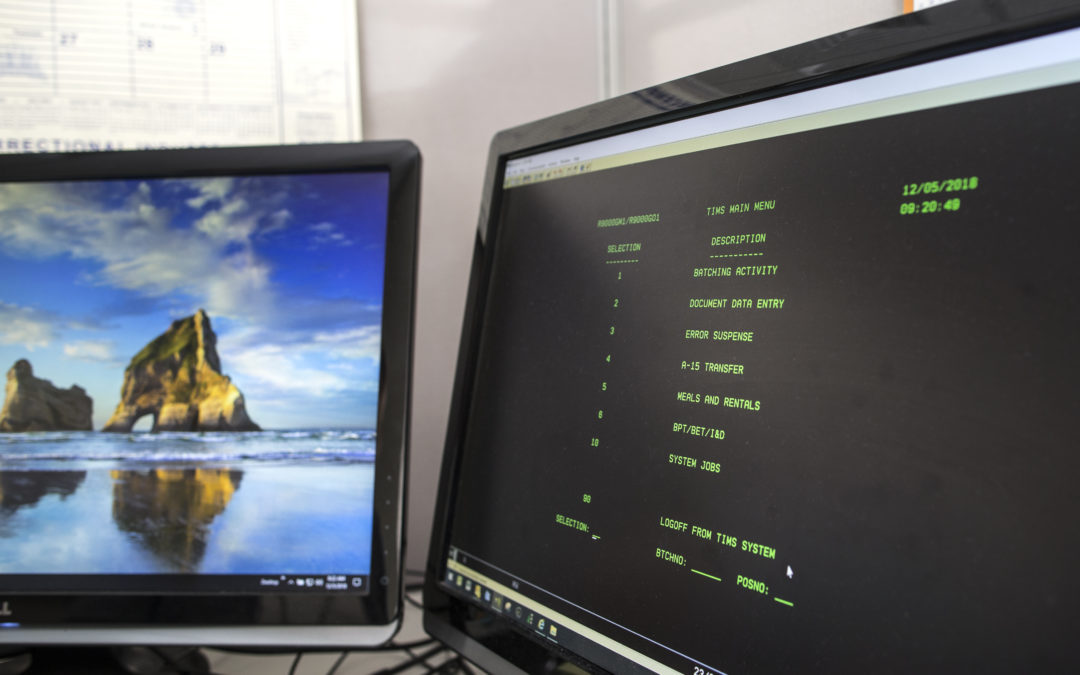
Tax system is so old it needs COBOL programmers to maintain in
UPDATE: The original headline said "State government needs you" for COBOL programmers, which grossly overstates the case. I heard from a couple COBOL-wise job seekers, including one from Brazil, so I've tweaked it. It’s pretty easy to see why the state’s tax...

 Return to the Concord Monitor
Return to the Concord Monitor